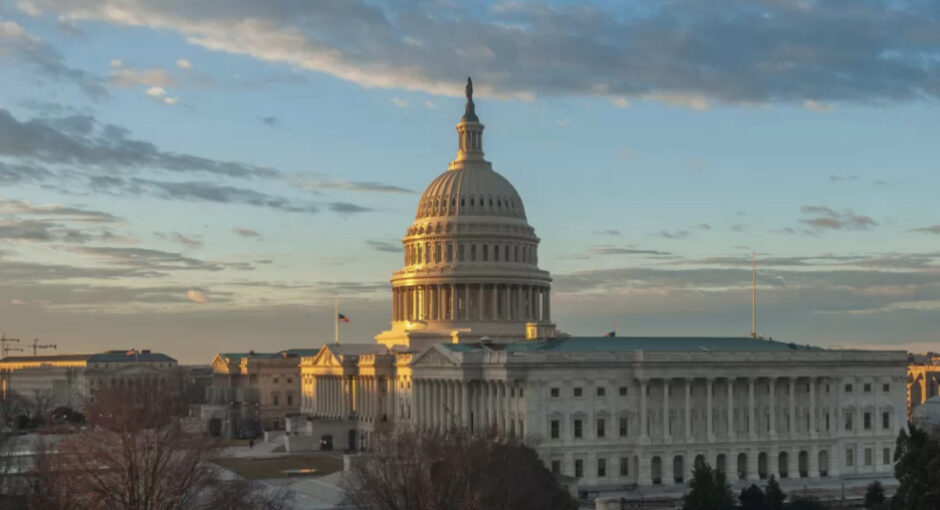The 117th Congress appears destined to end without further action on the 340B program.
The House and Senate are on track to finish all work for the year by no later than Friday, Dec. 23. According to news reports yesterday, they are expected to pass an omnibus appropriations bill to fund the entire government through Sept. 30, 2023, and then recess for the holidays.
340B stakeholders involved in federal advocacy say, for now, there is no sign the spending bill will include language addressing drug manufacturers’ denials of 340B pricing when covered entities contract with outside pharmacies, or addressing any 340B matter other than funding the Office of Pharmacy Affairs, the agency that oversees the 340B program.
Further action on 340B would have to wait until the 118th Congress, which officially begins Jan. 3. House Republicans will have control of the gavel for the first time in four years while the Senate will remain in Democratic hands. Each party will have a very narrow majority.
340B-related bills filed but not passed during this session would have to be reintroduced in the next one. They include the bipartisan PROTECT 340B Act (H.R. 4390), which would prohibit pharmacy benefit managers and health insurance plans from practicing several forms of alleged discrimination against covered entities and their contract pharmacies. The bill also would establish a neutral third-party clearinghouse to prevent duplication of 340B discounts and Medicaid rebates on the same drugs. It has 115 sponsors—82 Democrats and 32 Republicans.
Congress this session did pass a major 340B bill that let hospitals forced out of the 340B program due to COVID-19-related changes in patient and payer mix reapply for admission. To qualify, hospitals had to have been terminated from 340B during Medicare cost reporting periods beginning Oct. 1, 2019, and ending no later than Dec. 31, 2022.
Also, 340B covered entities persuaded Democrats to keep out language from what ultimately became their signature drug pricing legislation that would have required Medicaid managed care organizations and their pharmacy benefit managers to reimburse drugs, including 340B-acquired medicines, at ingredient cost plus a dispensing fee.
The drug pricing legislation was a component of the Inflation Reduction Act. The IRA lets Medicare for the first time negotiate prices on a limited number of high-priced drugs paid for under Parts D and B. 340B entities will be able to pick between the lesser of 340B price or Medicare’s “maximum fair price.”
The IRA also requires manufacturers to pay rebates on Medicare drugs reimbursed under Part B or D when the average manufacturer price for a drug rises faster than inflation, with the rebate calculated based on the difference between the drug maker’s price and the inflation rate for all sales of that drug to Medicare. 340B drug purchases are excluded from these rebate calculations.


